GRANADA LECTURE
Around the globe, the study of global education policy is producing new ways of social sciences research. In this chapter, the authors analyse some characteristics of the global education reforms which are developing by the most regions. As an exponent, Spain is implementing a new education reform act (LOMCE, Ley Orgánica para la Mejora de la Calidad Educativa). In this process of global education reforms are being incorporated different forms of privatisation into public education systems. The purpose of this research is to describe some mechanisms of hidden privatisation in public education. These forms of privatisations are influenced by new actors. From this perspective, we examine the effects that new players are occupying in this movement of education policy. The analysis of roles occupied by organisations and think tanks is an important tool to describe new power relations. The chapter explores the dominant discourses and debates of the Spanish neoliberal think tank Foundation for Social Studies and Analysis (FAES) and the Organisation for Economic Co-operation and Development (OECD).
GRANADA PRESENTATION AND WORKSHOP
We started talking about Spain, showing two videos, and saying relevant information about our country. After this, we have talked our city, Granada, University of Granada and the faculty of science education. Then we talk about the habits of Spain and have offered extra virgin olive oil and cakes and we have performed a traditional dance of Andalusia. To end the presentation we put a video of Granada.
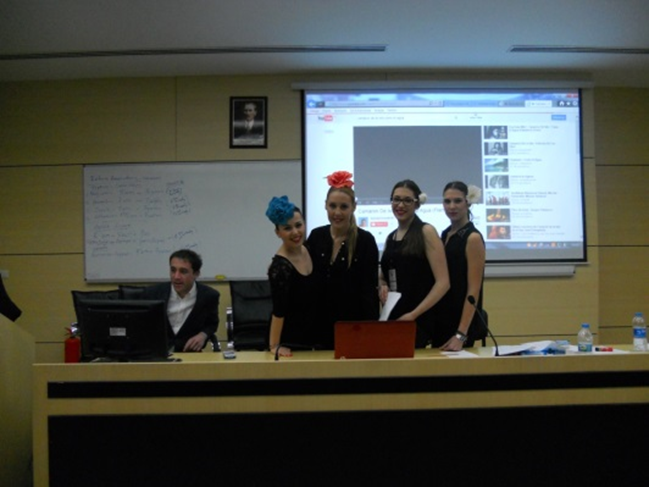
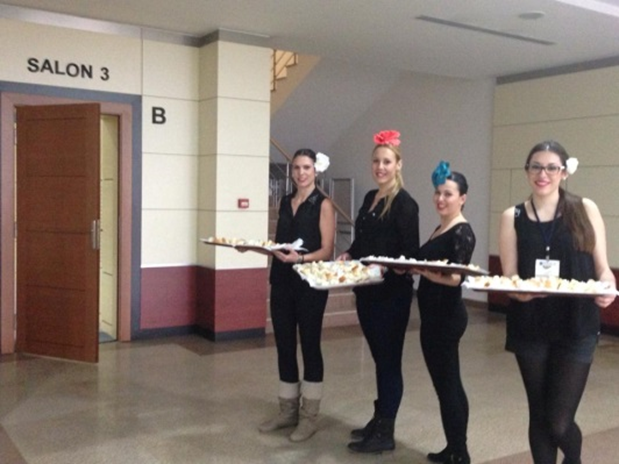
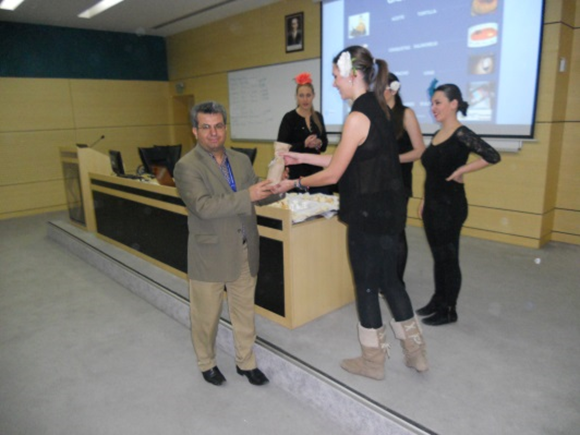
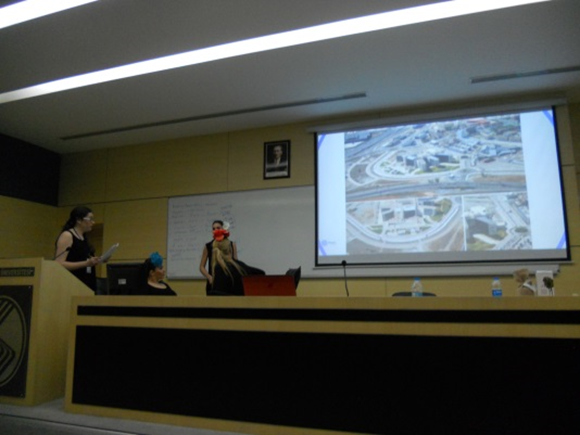
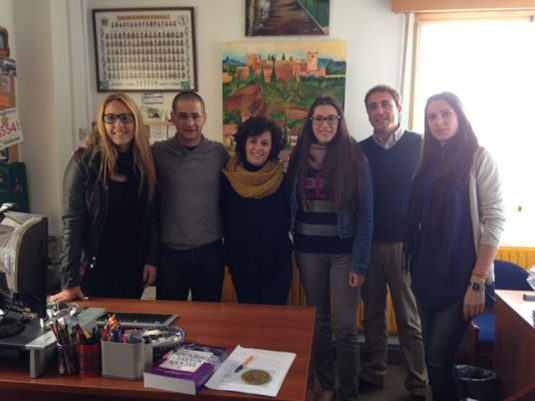
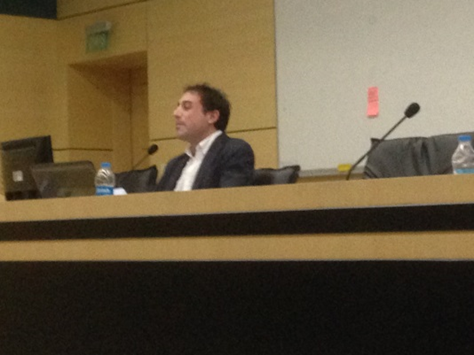
Belgium Workshop
The workshop consists of a case to demonstrate the education of entrepreneurial skills.
First we presented Belgium by a short movie. This seemed to be a necessity since some students weren’t even aware of the geographical position of the country and the different languages that are spoken there. An international student added some personal remarks about his stay in Belgium.
We started the workshop by explaining the essential skills of entrepreneurship. Then the students had to apply this skills to a practical case: the organisation of a festival. They had to think about the lay out of the festival, the organisation, communication and budget. Filip Strobbe gave an example of a festival which he helped to organise: the Elementsfestival in Bruges.
The students were divided in several groups. Those groups were coached by the Belgian ( international} students . Each group was given a google maps print out of Taksim square in Istanbul or the stadium on the University of Sakarya campus. They had to fill in elements as the stage, catering, security and so on on the print out. One plan was selected to be presented to the whole group and got feedback.
The second exercise consisted of creating an original idea to promote the festival. Therefore the group had to identify the audience and think about a promotional activity that would be effective and original. The Belgian students selected the best idea.
The third exercise consisted of making a list of all possible costs that involved a festival. This gave the students another insight in entrepreneurial skills.
As a conclusion Pieter Van Haute went back to the entrepreneurial skills we’ve listed in the first slide and pointed out what we learned during the workshop. The workshop could serve as an example to teach entrepreneurial skills in education.
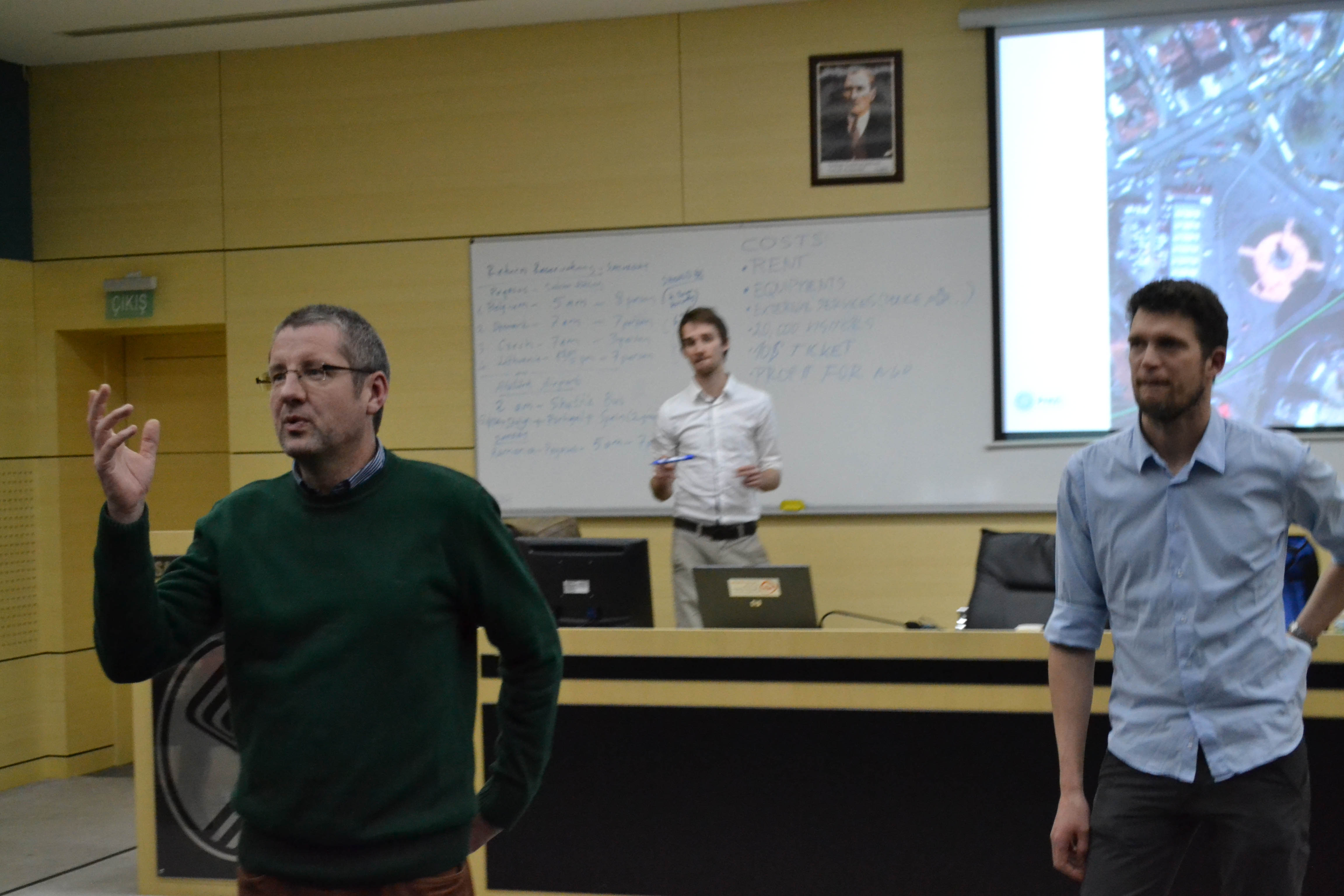
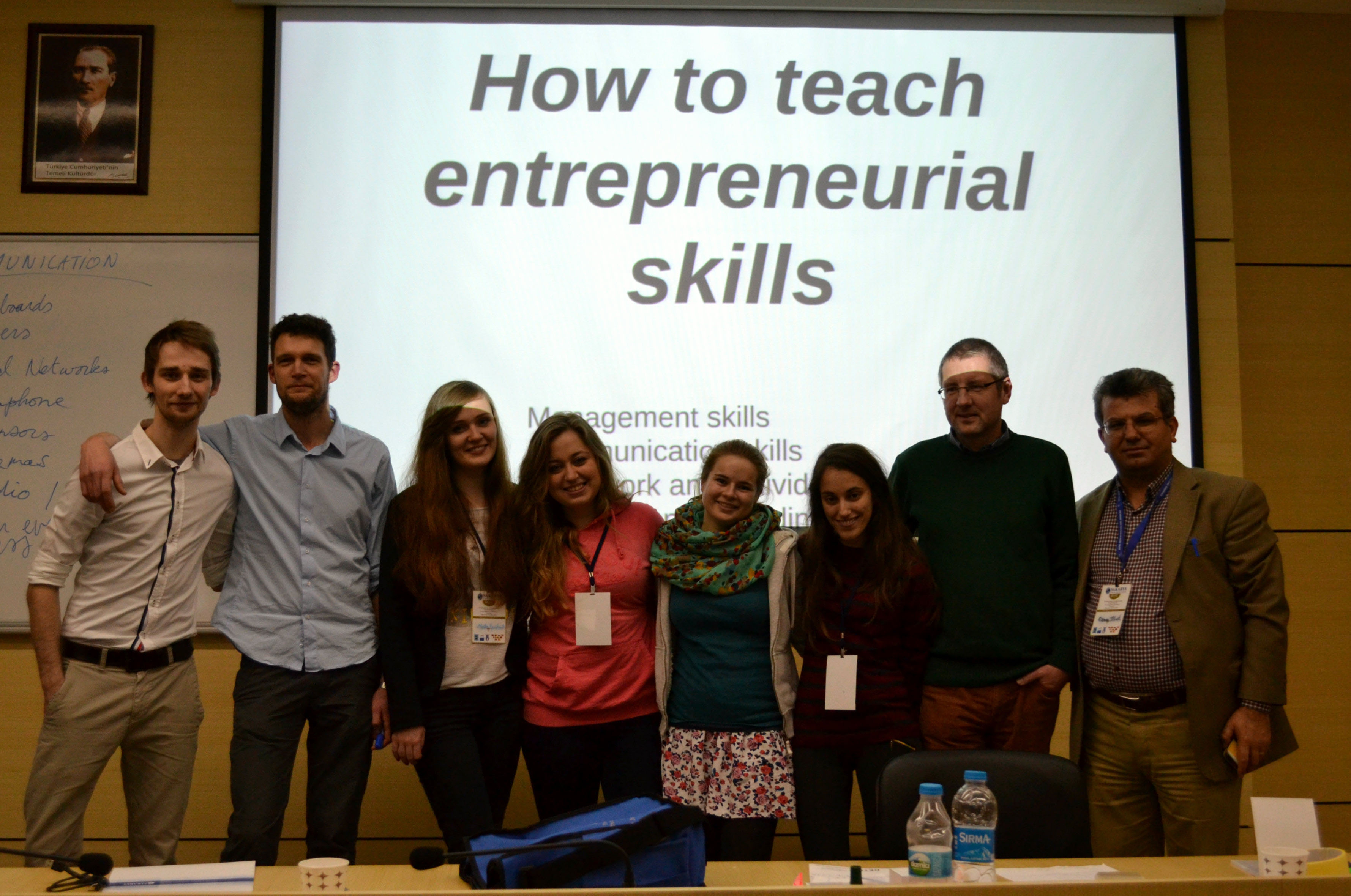
Presentation Link:
